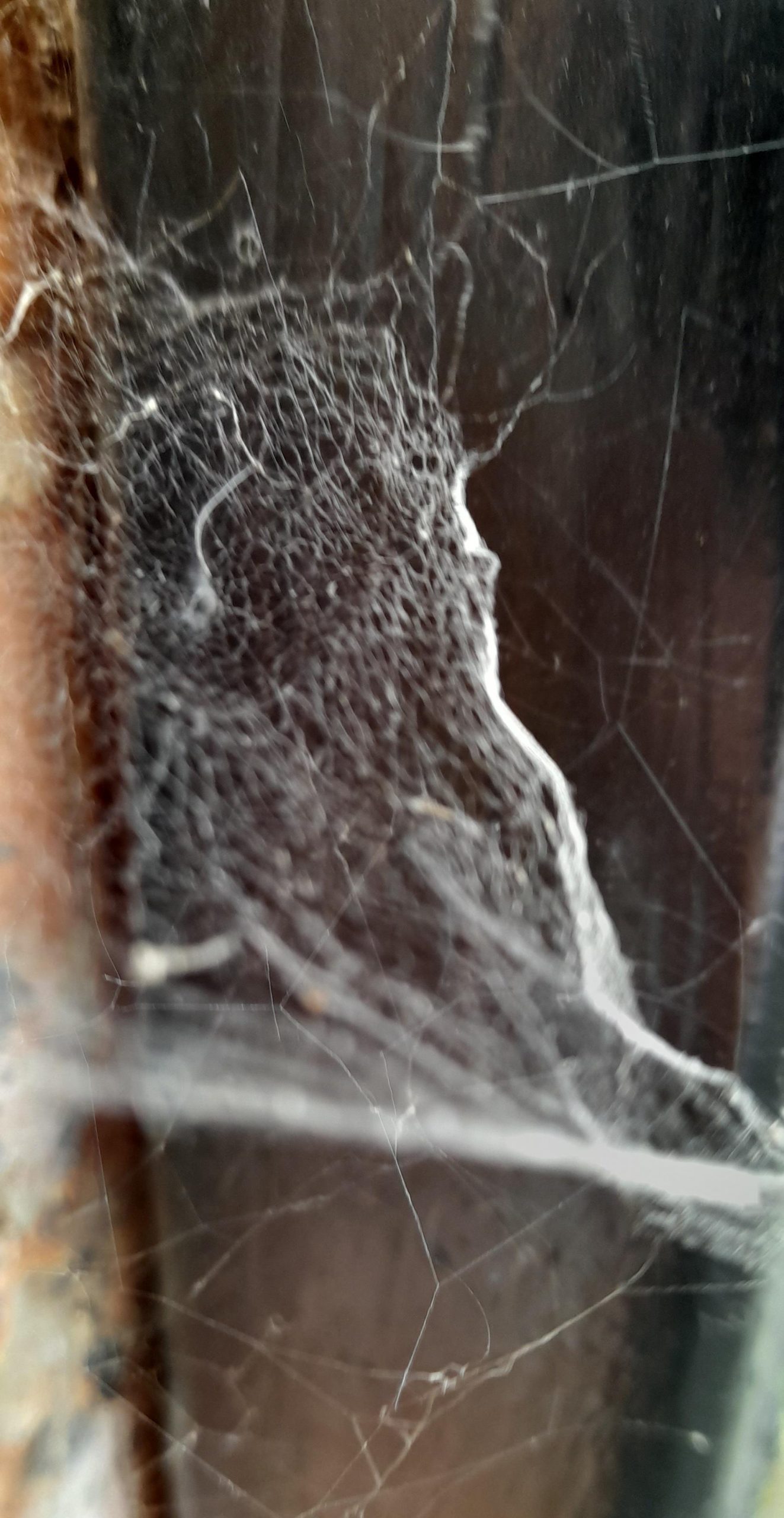Recently, one of my writing groups set a six word challenge in place of a writing theme for our monthly exercise. Six words were chosen at random and we had to weave them into a short story or poem. It produced a remarkable variety of excellent work. Here is my contribution.
:
A young man in the curious combination of navy-blue suit and brown shoes that passes for fashionable these days greeted me with a cheery wave. I parked my car next to his motorbike. It must be handy for zipping between viewings in town. This, however, is not town. We are on the edge of a hamlet that sees a bus about once a week. This is what used to be a farm labourer’s cottage, but it is priced as a bijoux des-res today. It might indeed be so, if it were not “in need of modernisation”. It’s such a nice way of saying that it needs gutting. The description was a red flag to me, but I was curious. My great-grandfather had grown up in one of the cottages in this row. I wasn’t sure which one.
The garden was a jungle, and the estate agent struggled to open the front door, with its peeling paint and rusty letterbox. The previous occupant was long dead and there had been no attempt to clear the threadbare furniture and the tacky knick-knacks which might have passed for precious momentos in the 1950s. There was a forever home lurking under the detritus, for someone with vision and energy. Someone that wasn’t me. The small, dark rooms with low ceilings made me feel trapped. How on earth did families of ten live in these places?
I went over to the window in the kitchen. The panes were grimy and one was cracked. In the corner of the window frame, I could see a ball of grey fluff that must be some kind of insect cocoon. I wondered how long it had been there. A kitchen window frame is a bold place to build a nest. How many more nests might there be under shelves, in cracks in the skirting boards? The attic must be heaven for creepy-crawlies. Noticing my interest in the curiously-shaped grey blob, the estate agent poked it with his clipboard. Dozens of eager, black spiderlings poured out of it, on to the sill and into the sink.
As I leaned back, silently cursing the silly boy, he said “Oh” with relief. “That’s good. Spiders don’t eat into the wood.” And what a good job I didn’t have a phobia about them, I thought. Even so, I didn’t welcome them as pets. Each baby spider would now be in search of a nook or cranny in the house to call its own.
The estate agent made sure that I saw every room, and made a few inane comments about the potential of the hovel. He did not seem to be eager to sell and, of course, I was not eager to buy. We left the cottage in that awkward stalemate that is the ending to so many house viewings. By the time he did another one here, there would be dozens of cobwebs strung around like net curtains. Poor house. It deserved better.







